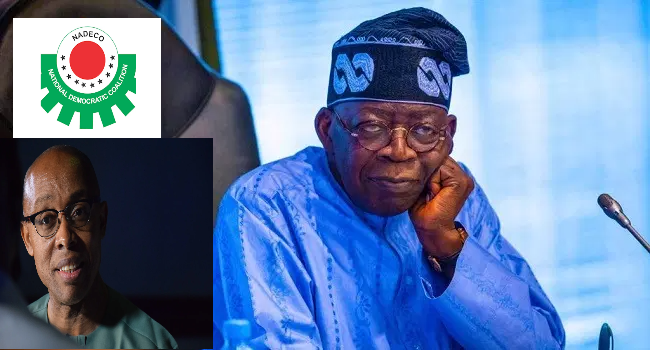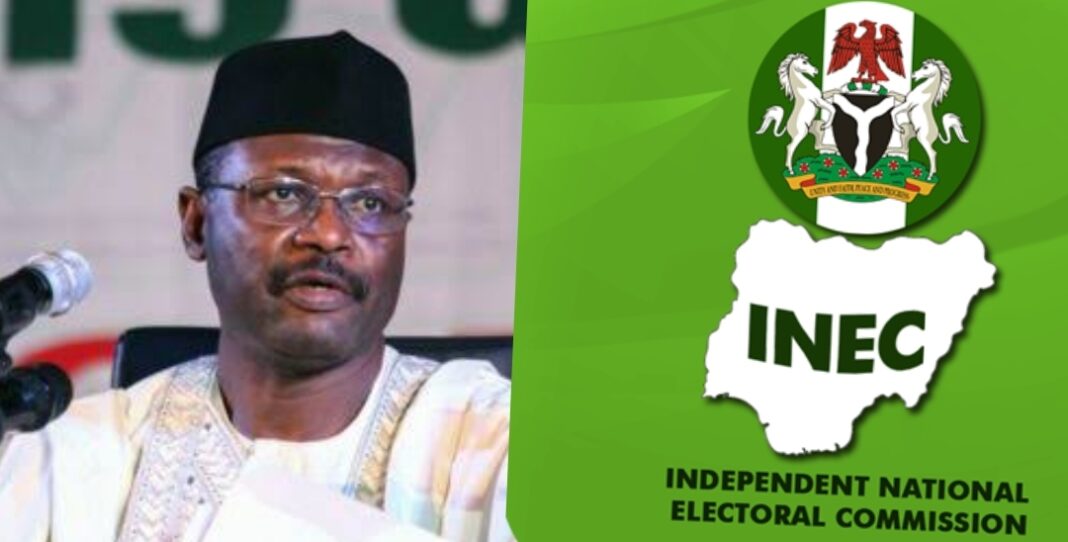When Major-General Muhammadu Buhari overthrew the elected civilian administration of President Shehu Shagari on the last day of 1983, he inherited an economy in a mess and a political system in a turmoil. This crisis of a dysfunctional political economy was Buhari’s principal reason for sacking the Shagari administration.
For Buhari, Nigeria’s crisis of balance of payments was the result of two things: indiscipline and economic crimes. His answer to the former was a War against Indiscipline (WAI), a catch-all acronym for everything from instilling a queue culture in the population to capital punishment for drug suspects. Turning to the latter, General Buhari invented a very capacious category of economic sabotage. Those arrested for these did not necessarily have to suffer a predictable judicial ritual.
In 1984, the Buhari regime ordered the detention of five citizens of Taiwan arrested by the officers of the Customs Service who caught them in possession of blank attested and proforma invoices for goods supposedly imported into Nigeria. One of the arrested persons was known as Wang Chin-Yao. They were supposedly involved in economic sabotage of the country which was meant to be a crime. Rather than charge them with a crime known to law, however, the regime arranged to have them locked up in administrative detention under the State Security (Detention of Persons) Decree No. 2 of 1984. Under this decree, a detention certificate issued by the Chief of Staff, Supreme Headquarters was enough to lock a person away interminably. Among its features, the decree precluded courts from inquiring into anything concerning the detention of persons held under its authority.
ALSO READ: Op-Ed: History, Hissy Fits And Hatchetry About The Igbo By Chidi Anselm Odinkalu
Fearing interminable detention, Wang Chin-Yao and his compatriots sued the Chief of Staff in the hope that the court could pronounce on the lawfulness of their detention but the High Court chose to emulate the Biblical Pontius Pilate and decided that the decree under which they were held precluded it from questioning the detentions. On All Fools Day (1 April) in 1985 the Court of Appeal decided their appeal against the decision of the High Court. In a judgment delivered by Phillip Adenekan Ademola, the Court of Appeal affirmed the ruling of the High Court. Adenekan Ademola, whose father was the first indigenous Chief Justice of Nigeria, stated his reasons with flamboyant economy holding “that on the question of civil liberties, the law courts of Nigeria must as of now blow muted trumpets.”
These words were to prove exceedingly corrosive in their effect on judicial imagination under the military. A mere three years after this judgment by Adenekan Ademola, his bossom friend and Sarkin Wurno, Shehu Malami, became the subject of considerable interest by the security services of the military government when he threw his hat into the ring to become the 18th Sultan of Sokoto at the death of Sultan Siddiq Abubakar III. It was impossible to find a court without its own muted trumpet. The muted trumpets of the courts enabled the abuses that ultimately made military rule untenable and brought about its demise one decade later.
ALSO READ: Op-Ed: When judges suffer terror By Chidi Odinkalu
The hope – with the end of military rule – was that the return of the country to government with electoral legitimacy would unleash the civic imagination of Nigerians. In the run up to Nigeria’s presidential elections of 2023, part of the claim made in favour of the man whom the Independent National Electoral Commission (INEC) eventually anointed as president, Bola Ahmed Tinubu, was that he had fought the excesses of military rule as a chieftain of the National Democratic Coalition (NADECO), a pro-democracy collective, many of whose leading members were exiled during the last half decade of military rule in Nigeria. It is natural to expect that the government of a man with those credentials would be a paradise for the kinds of rights for which he reputedly took the military to task.
The reality has been anything but…. The government of Bola Ahmed Tinubu has instead become the graveyard of freedoms of expression and association and of the right to protest in Nigeria and it is only just a little over 15 months in power. The numbers are there to prove it.
In the first year of the Tinubu administration, the Press Attack Tracker recorded 37 incidents of attacks against journalists and the press. The first five months of 2024 alone witnessed 27 such attacks. For comparison, advocacy organization, Global Rights, which monitored similar patterns under the Buhari regime recorded 189 journalists arrested, detained or harassed over the eight years of the Buhari administration. At the current pace, the Tinubu regime of NADECO graduates will by the end of its second year easily eclipse the record of the entire Buhari administration in press freedom violations over its eight years of existence.
ALSO READ: Some Cautionary Thoughts About Reforming Nigeria’s Judiciary
At the end of August 2024, Bola Tinubu’s Nigeria comfortably topped the league table of attacks on journalists in Africa with over 76 recorded incidents of attacks against journalists, beating Somalia (with 18 attacks) into second place, with Congo DRC a distant third with five incidents.
These numbers only provide a peek into a more troubling pattern. Last month, the Committee to Protect Journalists (CPJ) reported “at least 56 journalists who were assaulted or harassed by security forces or unidentified citizens while covering the #EndBadGovernance demonstrations in Nigeria.” The “unidentified citizens” who were involved in some of these attacks mostly conducted themselves in ways which suggests that they were agents or emissaries of the ruling party or government.
The #EndBadGovernance protest and its aftermath have been a squalid advertisement of the illiberal credentials of the Tinubu Government. After failing in intimidating citizens out of the protest, the administration resorted to third-degree methods to squash it. It arrested thousands of citizens whose only crime was peaceful expression of dissent, instructed the freezing of the accounts of persons and groups whom it claimed to be organisers of the protests, and procured suspicious court orders to unsafely kettle and intimidate the protesters. Security forces killed at least 13 protesters although the real casualty count is thought to be well north of this number.
Not content with these, the government arranged in Abuja to charge many of the protesters with treason or conspiracy to commit treason. Campaigners at Human Rights Watch have rightly pointed out that this signals the extent of the regime’s “intolerance for dissent.” The significance of these charges go well beyond this, however. The charges of treason for the #EndBadGovernance protesters are designed to intimate any wannabe protesters. They are also a dog whistle for the judges before whom these protesters are charged to treat them as beyond the pale and beneath the law.
ALSO READ: Julius Ihonvbere, Opeyemi Bamidele And This Prostitute of A Parliament
The judges are listening. At the trial before the Federal High Court in Abuja, the court has eventually granted the protesters bail on rather stringent conditions. Citizen groups are now working hard to socialize the costs of meeting these conditions. Lawyers for the government meanwhile go around intimidating the courts with specious reasons as to why protest has become treason under the government of a serial protester.
Nearly 40 years ago, when the son of a former Chief Justice of Nigeria told judges to blow muted trumpets on questions of civil liberties, there was an assumption that the judges were capable of doing different. Now and again many of them indeed served the soldiers with a judicial bloody nose. Today, that capacity no longer exists. Nigerian courts no longer want to be associated with any trumpets, not even muted ones, lest they inadvertently let out some judicial sound.
Instead, many courts, under the thumb of their Chiefs or administrative judges have become enablers of the authoritarian instincts of the government of NADECO veterans. When the security services invade the offices of advocacy organization, SERAP; or interdict the passport of Omoyele Sowore at the airport, they don’t even contemplate the existence of judges capable of playing Pontius Pilate. For them, the courts no longer exist. That is some progress!
- A lawyer and a teacher, Odinkalu can be reached at chidi.odinkalu@tufts.edu




